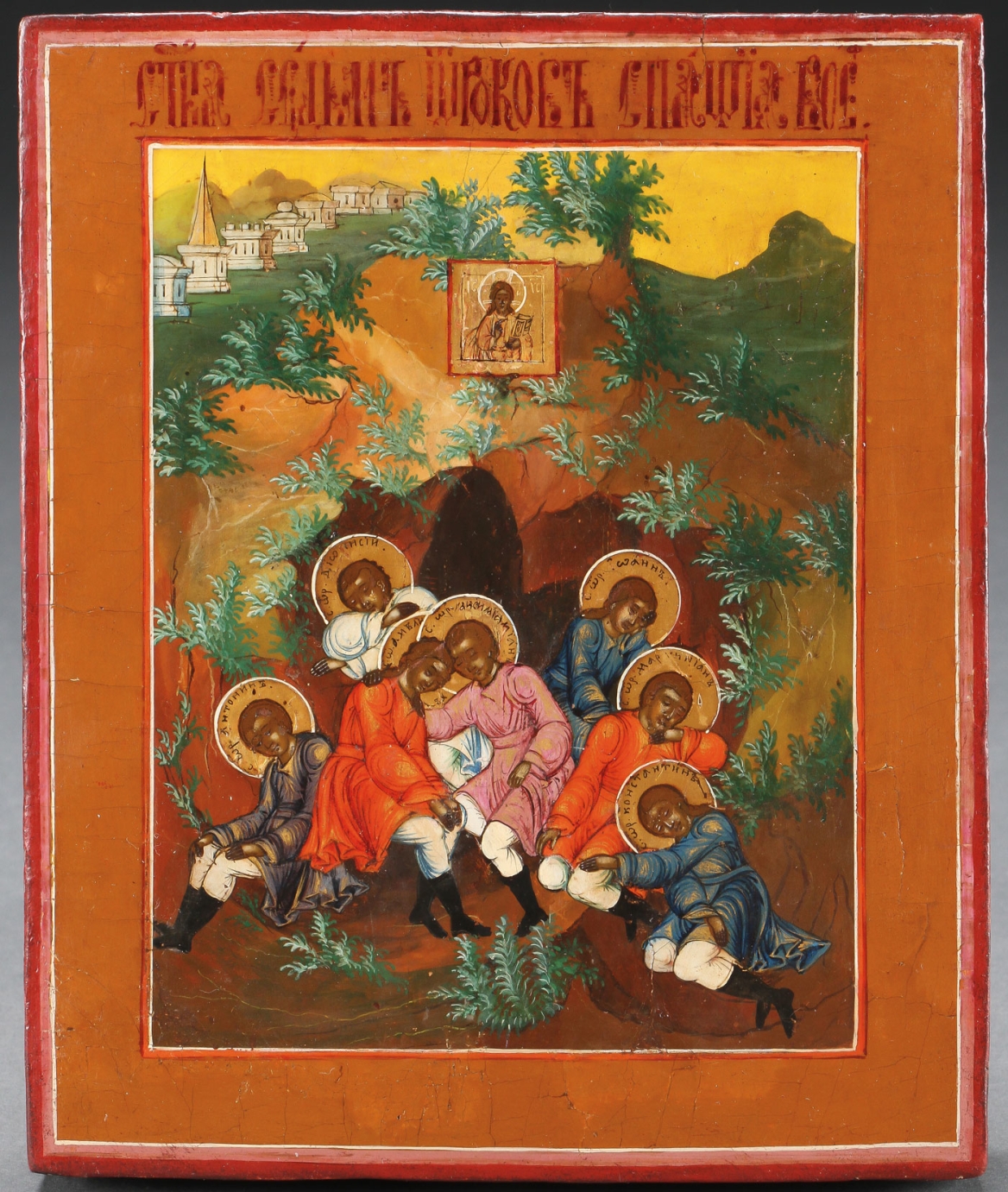Lorem ipsum dolor sit amet, consectetur adipiscing elit. Morbi eu nulla vehicula, sagittis tortor id, fermentum nunc. Donec gravida mi a condimentum rutrum. Praesent aliquet pellentesque nisi.


The Legend of the Seven Sleepers of Ephesus, in the Syriac tradition known as Aḥē Dmīḥē or Ṭalyē d-Efesōs, in Arabic as Ahl al-Kahf or Aṣḥāb al-Kahf, is one of many examples of borrowings from the Christian tradition made by the Muslim one and above all by the Koran. In the region where Islam evolved in the beginning, there was a population professing Judaism and Christianity. Judaism was professed by ca. 1 per cent of the population of the Arabian Peninsula. Christianity, for its part, was professed by ca. 10 per cent.1 Thus Mohammed had an easy access to the monotheistic religious ideas that existed on the Arabian Peninsula.
The Muslim tradition maintains that one of the first questions Jews asked Muhammad, when he came to Medina, concerned exactly the Seven Sleepers.2
Finding the influence of the Jewish tradition on the emergence of a Muslim version of the legend, however, seems unlikely. The text of Ibn ‘Abbās, a cousin of Mohammed, one of the first exegetes of the Koran, sheds some light on it. Ibn ‘Abbās reported that one of the Brothers descended to Ephesus after their awakening and after sleeping more than 300 years he pointed to the house where he claimed to live, thus proving his Ephesian origin to a local ruler. In this house he claimed to meet his great-grandson who opened an old book and read a supplication prayer to God in Hebrew.